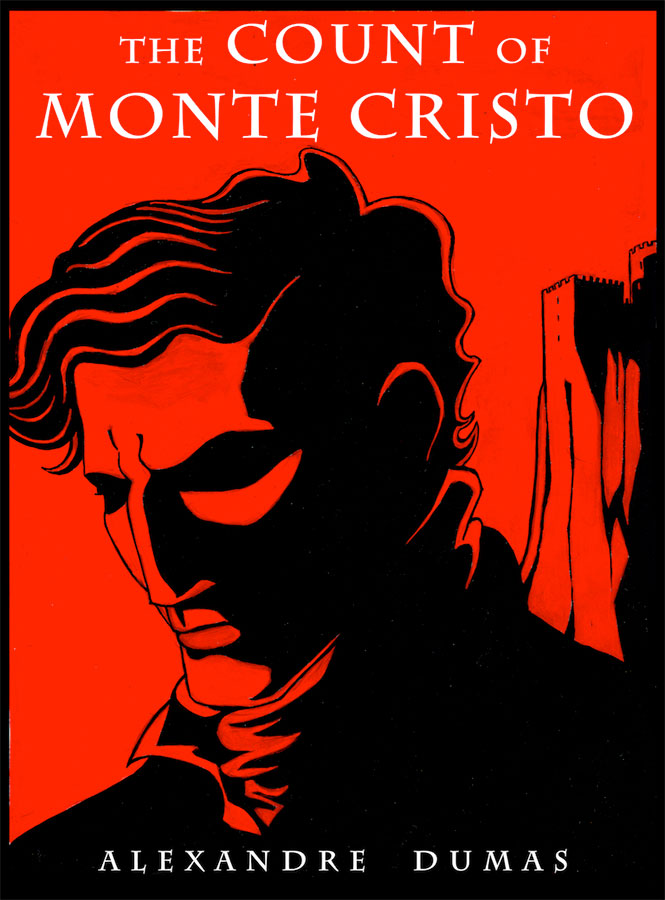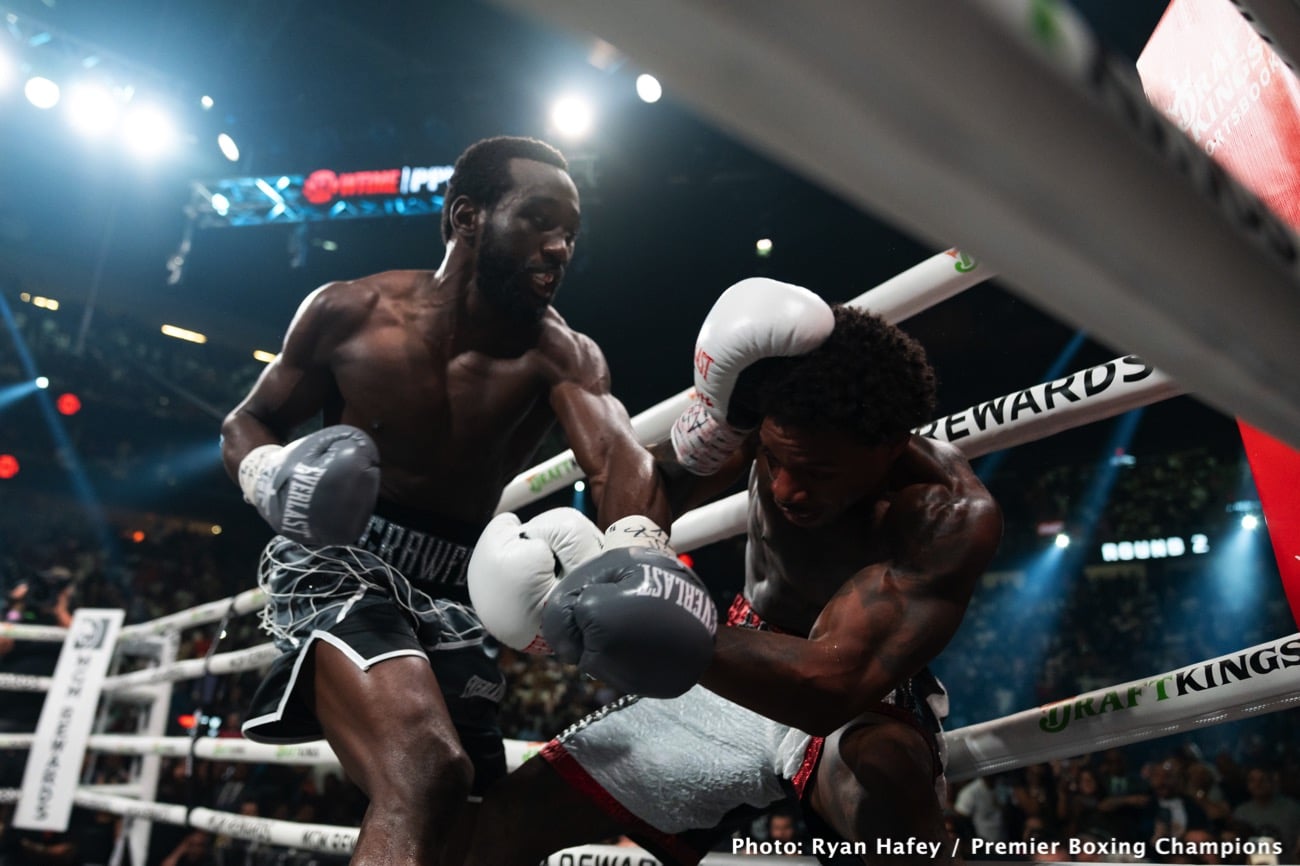Exploring Revenge And Justice In Dumas' The Count Of Monte Cristo: A Book Review

Table of Contents
Edmond Dantès' Descent into Revenge: A Study in Moral Ambiguity
The Unjust Imprisonment and its Impact
Edmond Dantès's wrongful imprisonment forms the bedrock of the novel's narrative. Falsely accused of treason by Fernand Mondego, Danglars, and Villefort, Edmond's life is irrevocably altered. This betrayal, born from envy and ambition, strips him of his freedom, his fiancée Mercédès, and his future.
- Key players in Edmond's betrayal: Fernand Mondego (driven by jealousy), Danglars (fueled by greed), and Villefort (motivated by ambition and the preservation of his own reputation).
- Psychological impact of confinement: Years of unjust confinement in the Château d'If erode Edmond's hope, yet simultaneously forge his resilience and sharpen his intellect. The experience profoundly shapes his worldview, fueling his thirst for revenge.
The Transformation into the Count of Monte Cristo
Edmond's escape from the Château d'If marks a pivotal turning point. He discovers a hidden treasure, transforming himself into the wealthy and influential Count of Monte Cristo. This metamorphosis is not merely physical; it is a complete re-invention of self, fueled by his desire for vengeance.
- Skills acquired and utilized: During his imprisonment, Edmond learns fencing, multiple languages, and various other skills, all of which he uses to orchestrate his elaborate revenge plot.
- Moral implications: The Count's transformation raises crucial questions about the morality of revenge. While his actions might seem justified given the profound injustice he suffered, the means he employs are often brutal and morally questionable.
Methods of Revenge and Their Moral Implications
The Count's revenge is meticulously planned and executed, targeting each of his betrayers with precision. He employs manipulation, financial ruin, social ostracism, and even murder to exact his retribution.
- Specific examples: The Count's manipulation of Fernand Mondego's career and reputation, his financial ruin of Danglars, and the exposure of Villefort's crimes are key examples of his targeted revenge.
- Collateral damage: The Count's quest for revenge causes significant collateral damage, affecting innocent individuals caught in the crossfire. This raises questions about the true cost of his actions.
Exploring Justice and its Elusive Nature in the Novel
The French Legal System's Failings
Dumas critiques the flaws within the French legal system, highlighting its susceptibility to corruption and the vulnerability of the innocent. The unjust conviction of Edmond exposes the system's inherent weaknesses and its failure to uphold justice.
- Examples of legal shortcomings and corruption: The ease with which false accusations are accepted, the lack of due process, and the influence of powerful figures within the judicial system are all highlighted.
The Count's Pursuit of Justice
The question of whether the Count's actions constitute justice or simply revenge remains central to the novel's themes. His methods, while satisfying a reader's desire for retribution, often blur the line between rightful punishment and excessive vengeance.
- Arguments for and against justice: While some might argue that the Count delivers a form of poetic justice, his actions frequently surpass the bounds of legal and moral justification, making a strong case against vigilante justice.
The Theme of Redemption and Forgiveness
Despite the pervasiveness of revenge, Dumas also explores the themes of redemption and forgiveness. Certain characters demonstrate the possibility of moral growth, showcasing the potential for reconciliation even after acts of profound betrayal.
- Examples of redemption and forgiveness: The eventual forgiveness of some characters (though not all) by Edmond, and the possibility of his own redemption through acts of kindness and generosity.
A Verdict on Revenge and Justice in The Count of Monte Cristo
The Count of Monte Cristo offers a profound exploration of the complex relationship between revenge and justice. While Edmond Dantès's quest for retribution is understandable given the injustice he endured, the novel forces us to confront the moral complexities of his chosen path. The novel's enduring relevance stems from its exploration of timeless themes: betrayal, ambition, forgiveness, and the ever-elusive nature of true justice. Ultimately, the novel leaves the reader to ponder whether the Count’s actions ultimately achieve justice or merely perpetuate a cycle of vengeance. Explore the themes of revenge and justice for yourself by revisiting this timeless tale, delving into the complexities of Edmond Dantès's quest for justice, and considering the lasting impact of its exploration of revenge. Revisit the timeless tale of The Count of Monte Cristo and consider the lasting impact of its exploration of revenge and justice.

Featured Posts
-
 Aritzia And The Trump Tariffs Navigating Price Stability
May 05, 2025
Aritzia And The Trump Tariffs Navigating Price Stability
May 05, 2025 -
 Abor And Tynnas Basel Trip Germany To Switzerland Flight Details
May 05, 2025
Abor And Tynnas Basel Trip Germany To Switzerland Flight Details
May 05, 2025 -
 Weather Alert Heatwave Intensifies In 5 South Bengal Districts
May 05, 2025
Weather Alert Heatwave Intensifies In 5 South Bengal Districts
May 05, 2025 -
 Fleetwood Mac Chart Topping Singles And Their Lasting Legacy
May 05, 2025
Fleetwood Mac Chart Topping Singles And Their Lasting Legacy
May 05, 2025 -
 Anna Kendricks Three Word Blake Lively Comment Goes Viral
May 05, 2025
Anna Kendricks Three Word Blake Lively Comment Goes Viral
May 05, 2025
Latest Posts
-
 Canelos Reach And Power A Significant Advantage Over Crawford
May 05, 2025
Canelos Reach And Power A Significant Advantage Over Crawford
May 05, 2025 -
 Alvarez Vs Crawford A David Vs Goliath Fight Size And Skill Clash
May 05, 2025
Alvarez Vs Crawford A David Vs Goliath Fight Size And Skill Clash
May 05, 2025 -
 Benavidez Vs Canelo Unlikely Match Or Strategic Avoidance
May 05, 2025
Benavidez Vs Canelo Unlikely Match Or Strategic Avoidance
May 05, 2025 -
 Abel Sanchez Predicts Canelo Alvarez Victory Crawford Too Small
May 05, 2025
Abel Sanchez Predicts Canelo Alvarez Victory Crawford Too Small
May 05, 2025 -
 Canelo And Benavidez A Potential Mexican Boxing Clash That Never Materialized
May 05, 2025
Canelo And Benavidez A Potential Mexican Boxing Clash That Never Materialized
May 05, 2025
